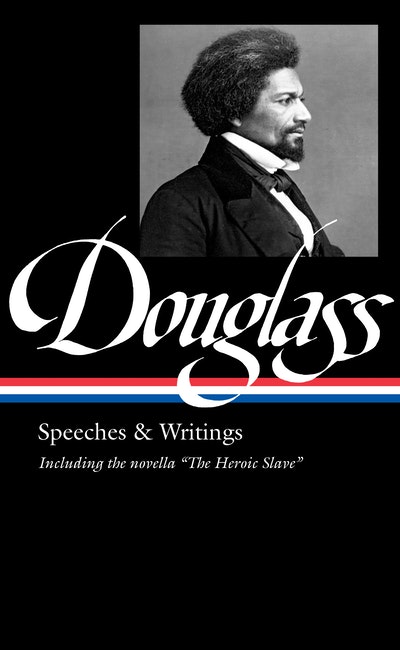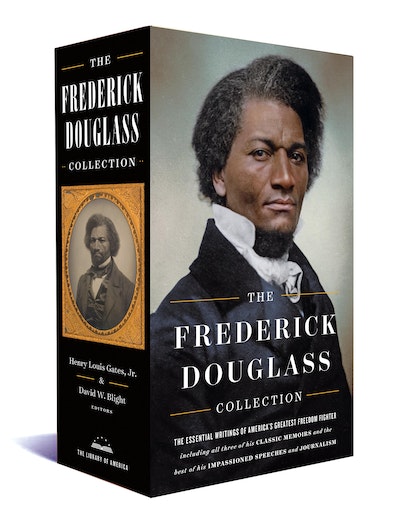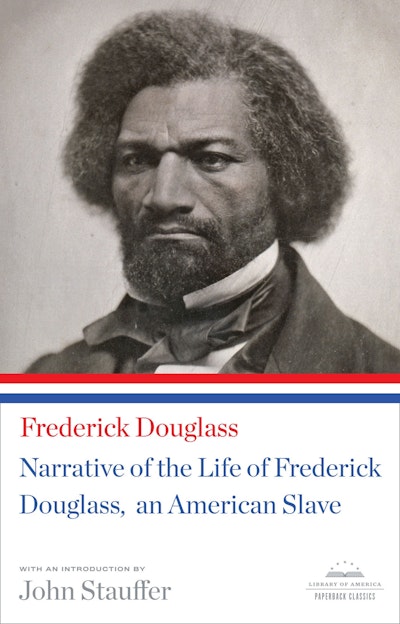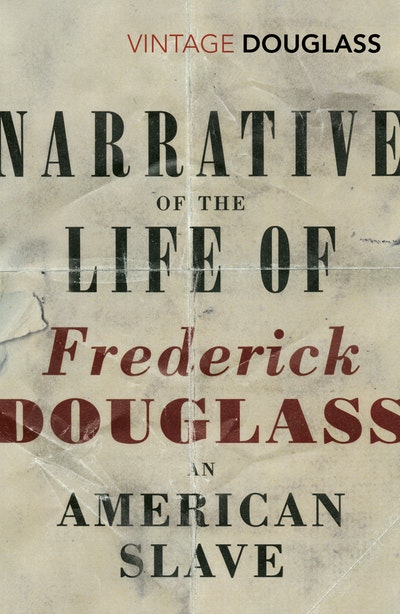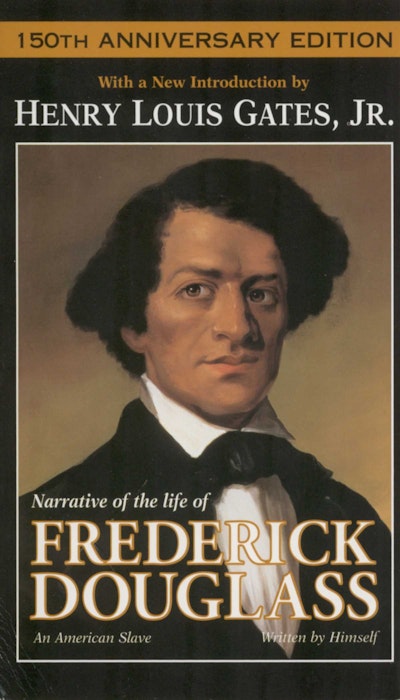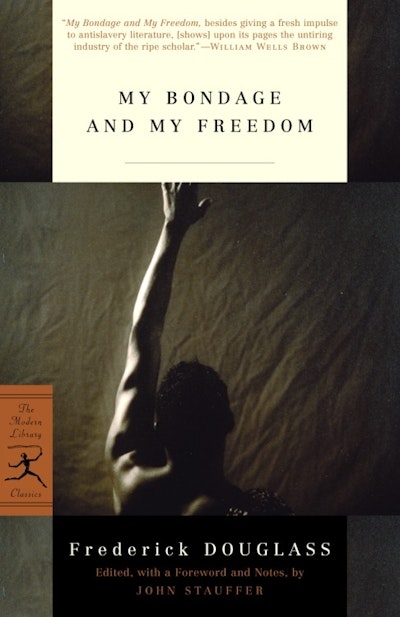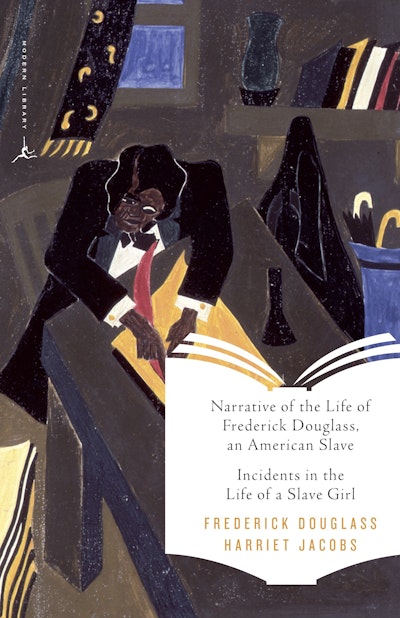Edited by Pulitzer Prize–winning biographer David W. Blight, this Library of America edition is the largest single-volume selection of Frederick Douglass’s writings ever published, presenting the full texts of thirty-four speeches and sixty-seven pieces of journalism. (A companion Library of America volume, Frederick Douglass: Autobiographies, gathers his three memoirs.) With startling immediacy, these writings chart the evolution of Douglass’s thinking about slavery and the U.S. Constitution; his eventual break with William Lloyd Garrison and many other abolitionists on the crucial issue of disunion; the course of his complicated relationship with Abraham Lincoln; and his deep engagement with the cause of women’s suffrage.
Here are such powerful works as “What to the Slave Is the Fourth of July?,” Douglass’s incandescent jeremiad skewering the hypocrisy of the slaveholding republic; “The Claims of the Negro Ethnologically Considered,” a full-throated refutation of nineteenthcentury racial pseudoscience; “Is it Right and Wise to Kill a Kidnapper?,” an urgent call for forceful opposition to the Fugitive Slave Act; “How to End the War,” in which Douglass advocates, just days after the fall of Fort Sumter, for the raising of Black troops and the military destruction of slavery; “There Was a Right Side in the Late War,” Douglass’s no-holds-barred attack on the “Lost Cause” mythology of the Confederacy; and “Lessons of the Hour,” an impassioned denunciation of lynching and disenfranchisement in the emerging Jim Crow South.
As a special feature the volume also presents Douglass’s only foray into fiction, the 1853 novella “The Heroic Slave,” about Madison Washington, leader of the real-life insurrection on board the domestic slave-trading ship Creole in 1841 that resulted in the liberation of more than a hundred enslaved people. Editorial features include detailed notes identifying Douglass’s many scriptural and cultural references, a newly revised chronology of his life and career, and an index.
